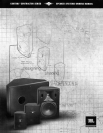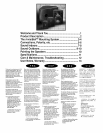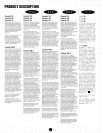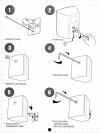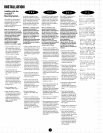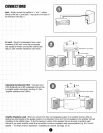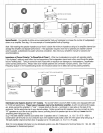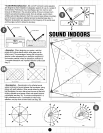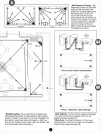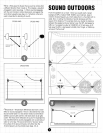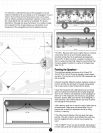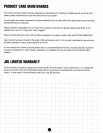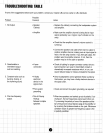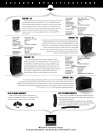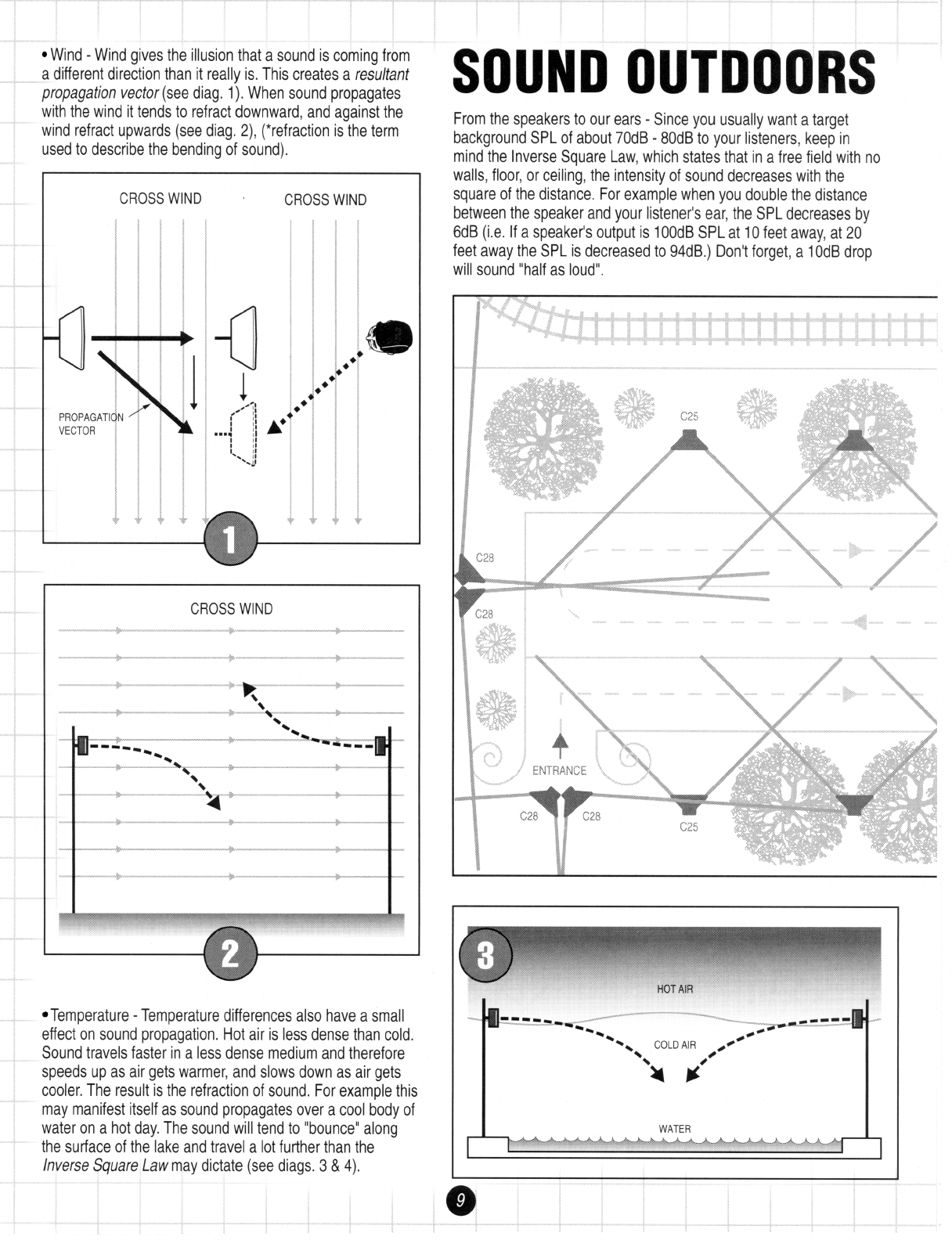
SOU
Wind
-
Wind gives the illusion that a sound is coming from
a different direction than it really is. This creates a
re<ant
propagation vector
(see diag. 1). When sound propagates
with the wind it tends to refract downward, and against the
wind refract upwards (see diag. 2), (*refraction is the term
used to describe the bending of sound).
From the speakers to our ears
-
Since you usually want a target
background SPL of about 70dB
-
80dB to your listeners, keep in
mind the Inverse Square Law, which states that in a free field with no
walls, floor, or ceiling, the intensity of sound decreases with the
square of the distance. For example when you double the distance
between the speaker and your listener's ear, the SPL decreases by
6dB (i.e. If a speaker's output is 100dB SPL at 10 feet away, at 20
feet away the SPL is decreased to 94dB.) Don't forget, a
1
OdB drop
will sound "half as loud".
ISS
WlND
CROSS
WlND
PROPAGATION
'
VECTOR
CROSS
WlND
Temperature
-
Temperature differences also have a small
effect'on sound propagation. Hot air is less dense than cold.
travels faster in a less dense medium and therefore
up as air gets warmer, and slows down as air gets



